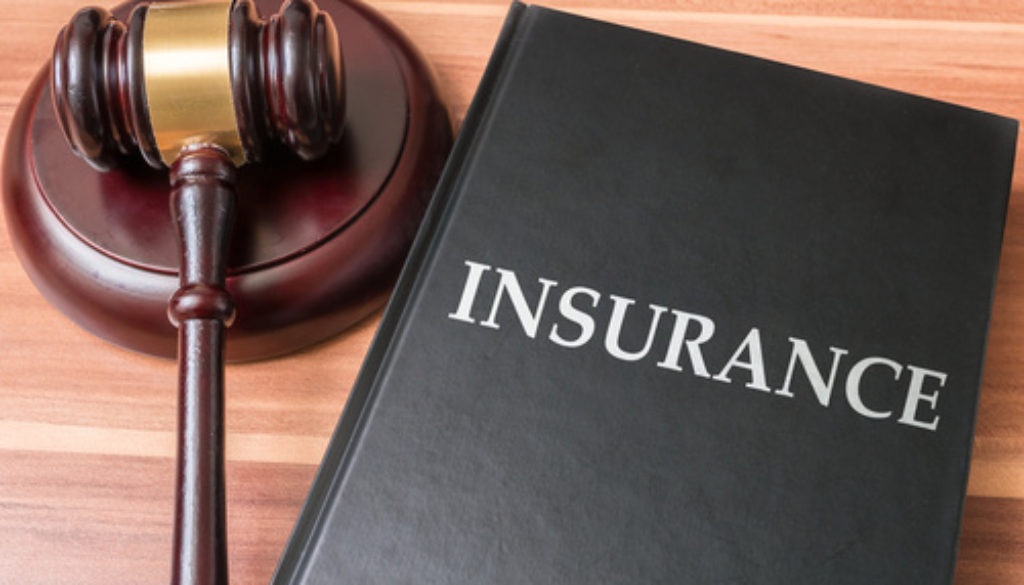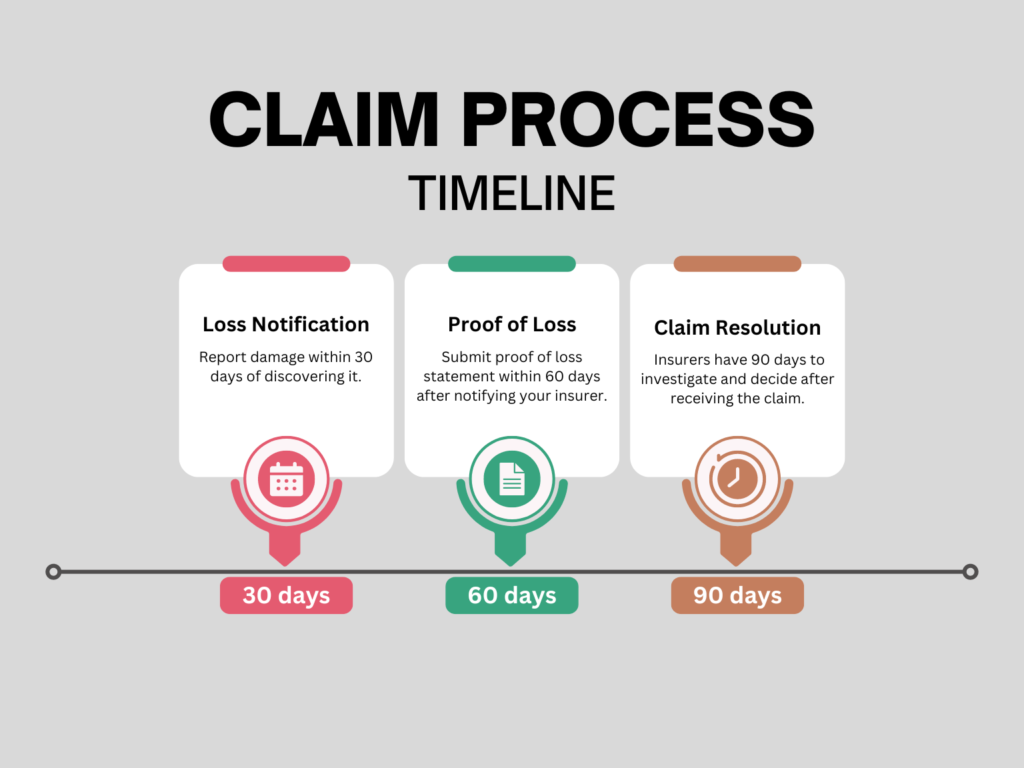
Florida’s distinctive climate and frequent natural disasters create a unique landscape for homeowners insurance. The state’s weather risks from hurricanes to heavy rains necessitate specific insurance laws designed to protect residents and manage claims effectively. Understanding these laws, knowing key deadlines, and utilizing resources like public adjusters can significantly affect your claims process.
Here’s a detailed look at Florida’s homeowner’s insurance claim laws, including relevant statutes, common issues, deadlines, and the role of public adjusters.
Key Florida Statutes Affecting Homeowners Insurance Claims
- Acknowledging Claims:
- Section 627.70131: Insurers must acknowledge your claim within 7 days. If they don’t pay within this period, they need to document the acknowledgment and provide the necessary forms and instructions.
- Reporting Deadlines:
- Section 627.70132: Report property claims within 1 year of the loss. Supplemental claims have an 18-month deadline. For condo assessments, report within 1 year or 90 days after the association’s decision, whichever is later.
- Advance Payments:
- Section 627.70133: Insurers should provide advance payments for urgent repairs, helping you start repairs while waiting for the final settlement.
- Direction of Pay Definition:
- Section 627.7152: Homeowners can transfer their insurance benefits to contractors, but the agreement must be in writing. There are limits on the amount contractors can receive in emergencies and specific requirements for contractor duties.
To learn more about the statutes and their impact on your claim, check out this link from the Florida Senate.
Common Issues in Florida Insurance Claims
Florida homeowners frequently face several issues when filing insurance claims, largely due to the state’s extreme weather conditions:
- Hurricane Damage: Claims related to hurricanes can be complex due to the extensive damage and high volume of claims following a major storm.
- Wind and Storm Damage: High winds and severe storms frequently cause significant damage, leading to disputes over the extent of coverage and repair costs.
- Flooding: Florida’s heavy rains and storm surges can result in flooding, which is often not covered by standard homeowners insurance and requires separate flood insurance.
- Roof Damage: Given Florida’s susceptibility to storms, roof damage is a common issue. Disputes often arise over the extent of damage and the insurer’s responsibility for repairs or replacements.
- Hail Damage: Hailstorms, though less frequent in Florida compared to other weather events, can still cause substantial damage to roofs, siding, and other parts of homes. Assessing and proving hail damage can be challenging, leading to disputes over coverage and repair costs.
Important Deadlines and Their Impact
Timeliness is crucial in managing homeowners insurance claims. Here are some key deadlines and their implications:
- Notification of Loss: Under Section 627.70131, you must notify your insurance company within 30 days of discovering the damage. Failure to do so may result in claim denial or complications.
- Proof of Loss: After notification, you typically have 60 days to provide a proof of loss statement detailing the damages and repair costs. Meeting this deadline is essential to avoid delays or disputes.
- Claim Resolution: Insurers generally have 90 days from receiving a claim to investigate and decide. This timeline can be extended under certain circumstances, but prompt filing helps ensure a quicker resolution.

The Role of Public Adjusters
Public adjusters play a vital role in navigating the complexities of Florida’s insurance laws:
- Expert Evaluation: They provide an independent assessment of the damage, which is crucial for accurately estimating repair costs and ensuring that all damages are accounted for.
- Claims Management: Public adjusters handle the paperwork, documentation, and communication with the insurance company, ensuring that your claim is processed efficiently and in compliance with Florida’s statutes.
- Negotiation: They leverage their knowledge of insurance laws and experience to negotiate a fair settlement on your behalf, often resulting in higher payouts compared to handling the claim on your own.
Interactive Element: Quick Decision Quiz
Scenario:
A hurricane has caused visible damage to your roof, walls, and siding. What should you do next?
A) Wait to see if the damage worsens before taking any action.
B) Ignore it for now since it seems minor.
C) Contact a professional to assess the damage and file a claim.
Correct Answer: C) Contact a professional immediately to assess the damage and file a claim. Prompt action helps address hidden issues, ensure timely reporting, and prevent further damage.
Choosing to act promptly can significantly impact the outcome of your insurance claim and the overall condition of your home.
Need help with your homeowner’s insurance claim? Understanding Florida’s insurance laws and deadlines can be challenging. Contact us today for expert assistance and to ensure you get the coverage you deserve.
